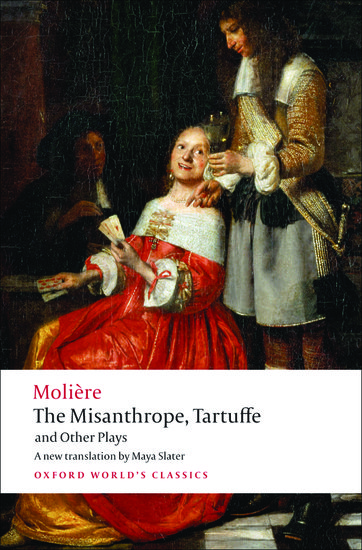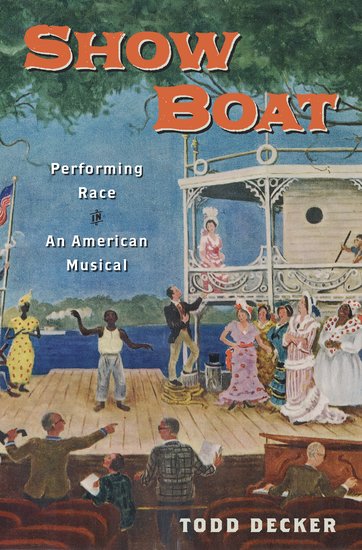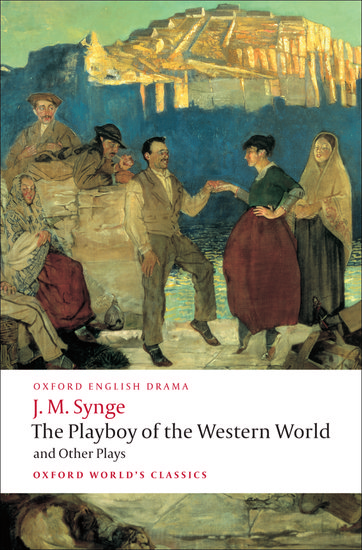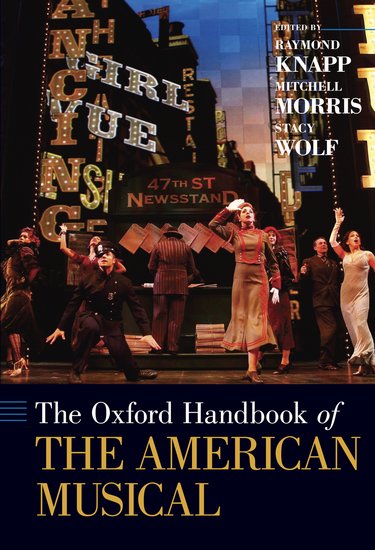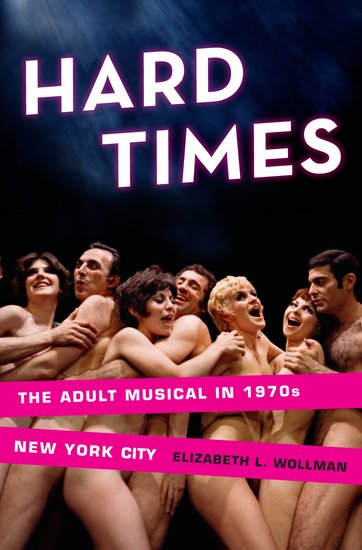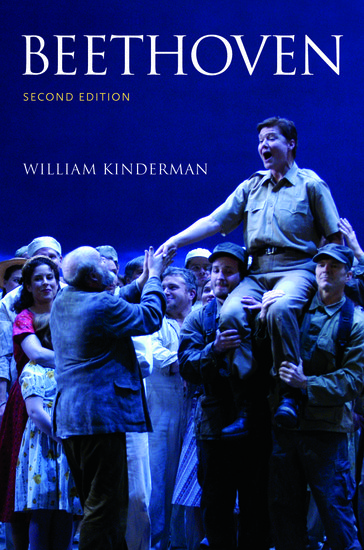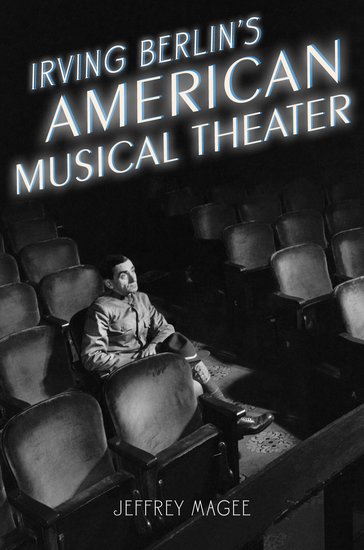A sharer’s feast: Shakespeare’s birthday party 398 years on
By Bart van Es
April 23rd 1564, or a day or two earlier, saw the birth of William Shakespeare, and on that same day fifty-two years later, also in Stratford, he died. This congruence of dates lends some credibility to the account given by the local vicar many years later of the way the playwright spent his final hours: ‘Shakespeare, Drayton, and Ben Jonson had a merry meeting and it seems drank too hard, for Shakespeare died of a fever there contracted.’





